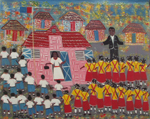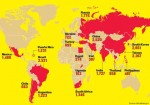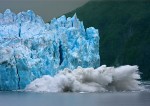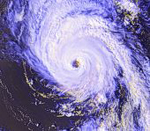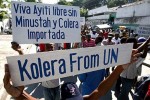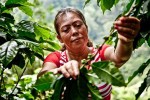Haiti: Creole Spoken, Creole Understood
By Dady Chery, Haiti Chery. Creole was certainly the tongue spoken at the 1791 Bwa Cayiman Vodou ceremony that launched the Haitian Revolution. Nevertheless, it was French that served as the text of Haiti’s Independence Declaration and as the country’s only official language until 1987. Why?
Continue reading →
